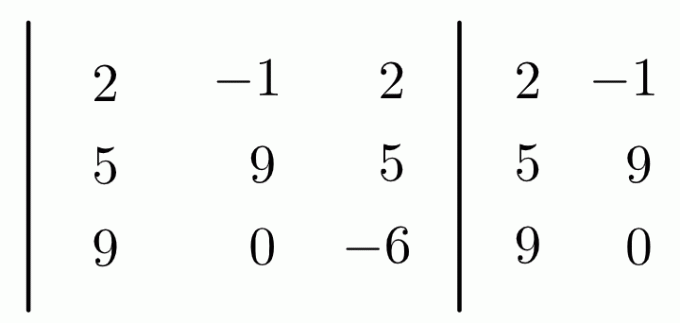O government fear it began on August 31, 2016 and ended on January 1, 2019. Temer rose to the presidential post after the Dilma Rousseff's impeachment.
Before actually assuming the country's presidency, he held the presidential seat as interim president until the president's impeachment process was consummated.
In March 2019, Michel Temer was ordered to be arrested as a result of investigations by the Car Wash Operation. However, he was released four days later.
Michel Temer Biography
Michel Miguel Elias Temer Lulia was born on September 23, 1940, in the city of Tietê, countryside of Sao Paulo.
He graduated in Law from the University of São Paulo (USP) and obtained a Doctor of Law degree from the Pontifical Catholic University (PUC).
fear was attorney, college professor, attorney for the state of São Paulo, Congressman, president of the Chamber of Deputies, vice president and Brazilian President.
He joined the Brazilian Democratic Movement Party (PMDB) in 1981, being the party that launched him as a federal deputy six times.
As vice president, he was part of the Dilma-Temer ticket, being the vice president of Dilma Rousseff (PT) in his two governments, from 2010 to 2016.
Their relationship began to show signs of strain during the then president's second term.
At that time he wrote a Letter to Dilma complaining about her inexpressive role in the government. Temer claimed that he was excluded from all political decisions.
Released by the press, the letter became a laughing stock in the social networks, shaking even more the relationship between both and their parties.
In 2015, the then president of the Chamber of Deputies, Eduardo Cunha, from the same party as Temer, filed an impeachment process against Dilma Rousseff.
In 2016, the PMDB breaks with the PT. Also in 2016, Michel Temer temporarily assumes the presidency of Brazil until, in August of the same year, he officially takes office as president of the Republic.
government fear
- Free Online Inclusive Education Course
- Free Online Toy Library and Learning Course
- Free Online Math Games Course in Early Childhood Education
- Free Online Pedagogical Cultural Workshops Course
On the day he rose to the presidential post, Temer made a statement on national television stating that from then on, the main objectives of the federal government would be:
- Social Security Reform;
- Ensure political security;
- Limit public spending;
- Ensure political stability.
The first measure taken by Michel Temer's government was to freeze public investments for twenty years through the approval of the Constitutional Amendment Proposal 241 (PEC 241). Therefore, the readjustments would follow the inflation.
As a result, public investments financed by the federal government will remain the same until 2036. Such action was justified by the then Minister of Finance, Henrique Meirelles, who stated that this measure would restore the confidence of the foreign market in investing in the country.
Sectors that according to 1988 Constitution, should have investments obtained from the percentages of the Gross Domestic Product (GDP), such as education and the health, will suffer a freeze on public resources until 2036.
This means that both education and health will suffer cuts that will impact the full achievement of the goals established by the National Education Plan (PNE) and the good performance of the Unified Health System (SUS), in addition to negatively impacting the salary Minimum.
Another measure adopted during the Temer government was the approval of the Labor Reform, in 2017. Among other points, she established the:
- Allowing lactating and pregnant women to work in places with low and medium unhealthy conditions;
- Non-mandatory union contribution;
- Working hours must be less than 220 hours per month;
- Establishment of collective agreements between employees and bosses.
This reform exempted the employer from guaranteeing the employee's stability and safety in the workplace.
Protests against the Labor Reform and Social Security Reform were held, however, such mobilizations did not prevent the first from being approved at that time.
In early 2018, the federal government announced federal intervention in Rio de Janeiro, under the justification of fighting organized crime and ensuring social stability.
End of the Temer government
O end of Michel Temer's government occurred at the appointed time, on January 1, 2019, when he started to presidential sash to his successor, Jair Bolsonaro.
The Temer government was, until then, the most unpopular in the history of Brazil since military dictatorship. Indices indicated that only 3% of Brazilians trusted his mandate.
Learn more at:
- Lula Government (2003–2010)
- Fernando Henrique Cardoso Government (1995-2002)
- Fernando Collor de Melo government (1990-1992)
The password has been sent to your email.

